Most people take extra steps when they get behind the wheel to do whatever they can to avoid a collision or crash. Unfortunately, issues like inclement weather and questionable decisions by other drivers can leave you vulnerable to a serious crash.
While the best option is always to avoid a car wreck, sometimes that isn’t realistic. Planning for how to handle a crash is also a smart decision. People may take small preemptive steps, such as installing the mobile device app for their insurance company on their phone. Others may have special tools or even a checklist in place to assist them in the event of some kind of accident.
Knowing important steps to take or not take after a crash can protect you financially and legally in the wake of a major collision.
Never apologize to the other driver
Many people, especially women or those from a service career background, have a habit of apologizing even if they aren’t responsible for a negative situation. That habit of apologizing can help smooth things over in interpersonal relationships and during a retail transaction, but it isn’t going to help you in the aftermath of a crash.
In fact, apologizing to the other driver or law enforcement could hurt your case for compensation or impact the outcome of the police report. Issuing any sort of apology can be seen as an admission of guilt or personal responsibility for the consequences.
In other words, saying that you’re sorry while dealing with the fallout at the crash scene could actually hurt your chances in a personal injury lawsuit and could increase the likelihood that law enforcement assigned some of the blame for the crash to you, even if you were not responsible.
Be honest about your concerns with law enforcement
Motor vehicle collisions happen for a wide range of reasons. Bad weather, improper vehicle maintenance, alcohol consumption or distraction can all factor into a collision. If you have any reason to suspect that the other driver is under the influence of drugs or alcohol or was actively engaged in distraction, such as texting, at the time of the crash, tell law enforcement right away.
You aren’t looking to make friends with the other party involved. Instead, you want to ensure there is an accurate record of what happened. If you saw the other party handling their phone as they got out of the vehicle, that could indicate they are deleting web history or text messages recently sent. The person who throws something away from their vehicle or walked to a nearby business and comes back maybe discarding drug paraphernalia or alcohol.
While it may not impact your case, on the off chance that it could, you should absolutely provide information about suspicious behaviors to the law enforcement officers at the scene creating the police report.
Watch what you say to any insurance adjusters
Yes, your insurance company should be there to protect you. However, if the other driver is responsible for the crash, their insurance company will likely be the ones handling the claims after the end of the investigation. Talking to the insurance company, especially as part of a recorded statement, may end up being a major mistake.
The other driver’s insurance company has no obligation to you as the victim in the crash. More importantly, they have a financial interest in getting you to undermine your right to compensation. They may ask tricky or misleading questions with the hope of impacting your ability to seek financial compensation for your injuries.
While you may not want to focus solely on money, you absolutely do need to protect your best interest after a crash. If you have trouble advocating for yourself or are not sure how to proceed after a collision, it may be time to seek advice from someone with more experience in handling major insurance claims and losses related to the crash.
